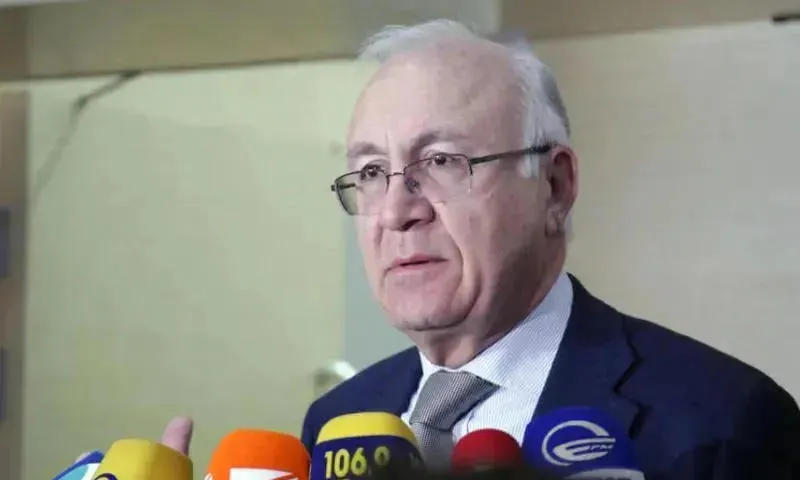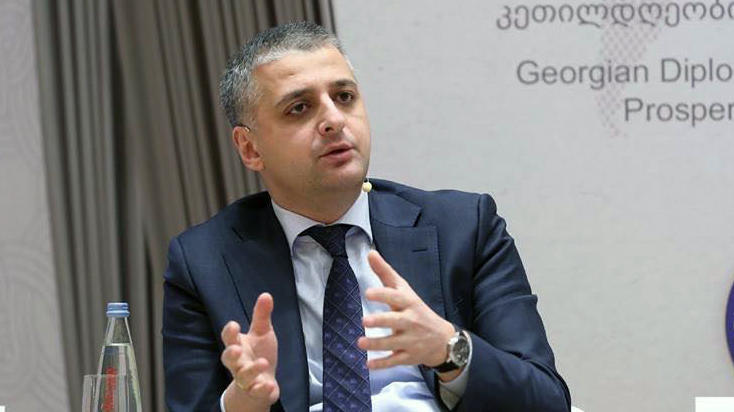Zurab Abashidze: Grigory Karasin noted regarding the so-called referendum to be held in Tskhinvali that Moscow is aware of Georgia's negative attitude and does not ignore it

According to the Prime Minister’s Special Envoy for Relations with Russia, Zurab Abashidze, Grigory Karasin noted regarding the so-called referendum to be held in Tskhinvali that Moscow is aware of Georgia's negative attitude and does not ignore it.
As Zurab Abashidze told InterPressNews, a telephone conversation with his Russian counterpart took place yesterday and he does not know which Georgian colleague Karasin talked to besides him.
"During our conversation, Mr. Karasin made a brief comment on the so-called referendum planned in the Tskhinvali region. He noted that Moscow is aware of our negative attitude and they do not ignore it. He also said that Moscow was not involved in any activities related to the "referendum". As you know, a similar comment was made a few days ago by Kremlin spokesman Dmitry Peskov. As for the next meeting in the Prague format, it is not on the agenda and we believe that now it is not the right time for it.
The resumption of flights has not been discussed. We briefly discussed the situation at the Kazbegi-Larsi border checkpoint. Due to ongoing repairs on the Russian side, there are delays at the checkpoint and that’s why there are so many trucks from Armenia, Turkey and Uzbekistan on the territory of Georgia. Karasin promised us that he would take measures to resolve this situation as soon as possible. That was the content of our conversation," Zurab Abashidze said.
According to the TASS agency, the Head of the International Affairs Committee of the Council of the Russian Federation, Grigory Karasin, said he discussed the so-called "referendum" planned in "South Ossetia" with Georgian colleagues.
"We talked about it briefly. This is one of the issues that worries our Georgian partners, we are watching it closely," Karasin told the agency.
